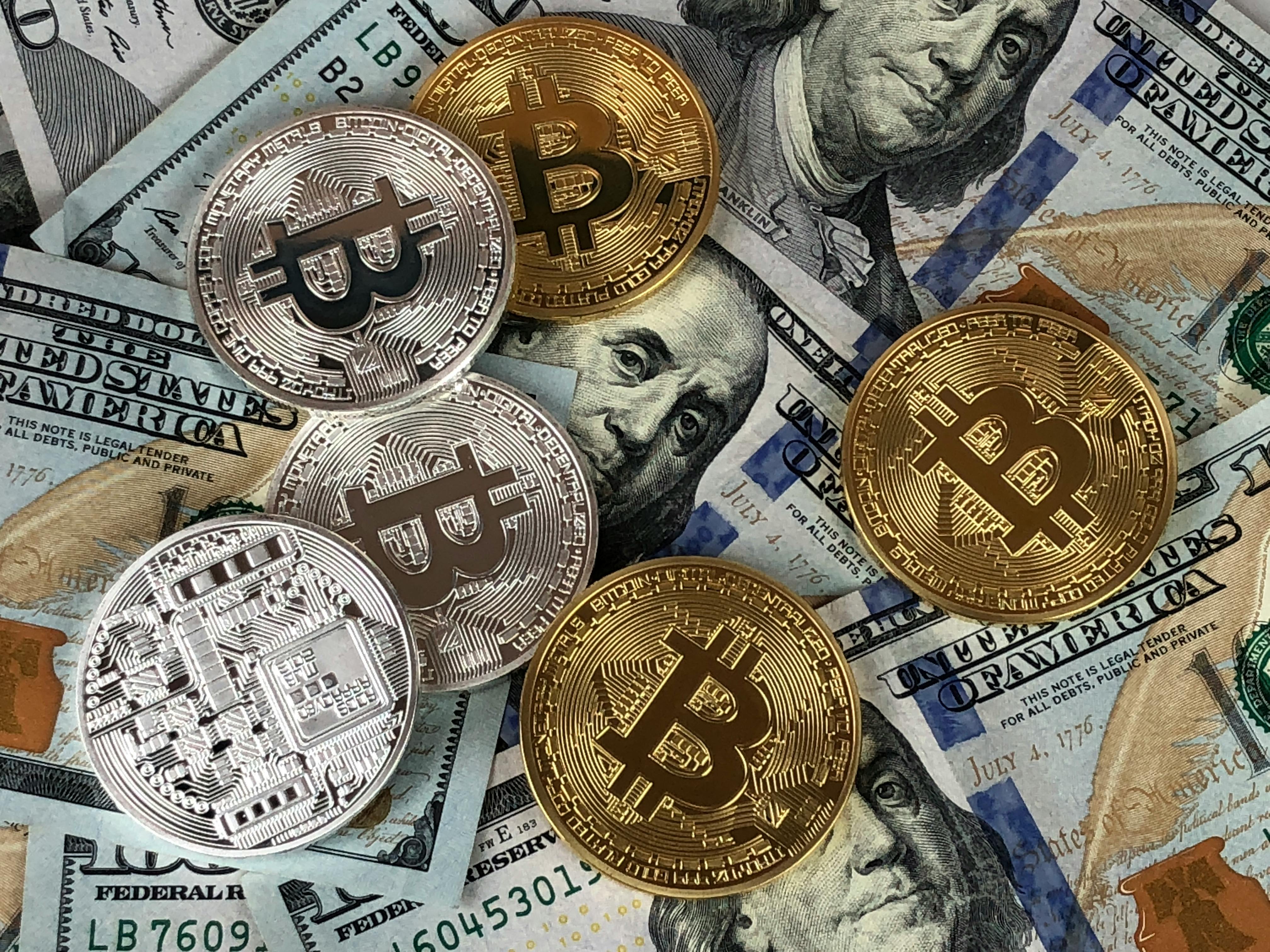Blockchain Innovations in 2025: Transforming Finance, Supply Chains, and Digital Identity

Blockchain technology has evolved significantly since its inception, and in 2025, it is reshaping how industries operate. Innovations in decentralized finance (DeFi), supply chain transparency, digital identity, and smart contracts are driving efficiency, security, and trust across business processes. This article examines the key blockchain developments and their implications for organizations and individuals.
1. Decentralized Finance (DeFi) Expansion
DeFi platforms continue to grow in 2025, providing financial services such as lending, borrowing, and trading without traditional intermediaries. Blockchain enables transparency, lower fees, and faster transactions. Advanced protocols now include insurance, derivatives, and cross-chain liquidity solutions, giving users more options and enhancing financial inclusion globally.
2. Enterprise Blockchain Adoption
Businesses across sectors are integrating blockchain into their operations to improve transparency, traceability, and security. Supply chain management benefits from immutable records, allowing companies to track products from origin to consumer. Blockchain-based enterprise solutions also streamline contract management, reduce fraud, and ensure regulatory compliance.
3. Smart Contracts and Automation
Smart contracts are self-executing agreements with predefined conditions, and they are increasingly used in 2025 to automate business processes. Industries such as real estate, insurance, and finance leverage smart contracts to reduce manual intervention, minimize errors, and enhance trust. Integration with AI further enables dynamic contract adjustments based on real-time data.
4. Digital Identity and Security
Blockchain-based digital identity solutions empower individuals to control their personal data securely. Users can authenticate themselves without relying on centralized authorities, reducing the risk of identity theft and unauthorized data access. Governments and corporations are adopting these solutions for secure online services, voting systems, and KYC processes.
5. Cross-Chain Interoperability
Interoperability between blockchain networks has become a major focus in 2025. Cross-chain protocols allow data and assets to move seamlessly across different blockchains, expanding the utility and reach of decentralized applications (dApps). This innovation enhances scalability, flexibility, and collaboration across ecosystems.
6. Tokenization of Assets
Tokenization is transforming traditional assets into digital tokens on the blockchain. Real estate, art, commodities, and even intellectual property can be tokenized, providing liquidity, fractional ownership, and easier transferability. Investors gain access to global markets, while businesses benefit from increased funding options and efficiency.
7. Regulatory Developments and Compliance
As blockchain adoption grows, regulatory frameworks are evolving to ensure security, compliance, and consumer protection. In 2025, regulators worldwide are focusing on clear guidelines for digital assets, DeFi protocols, and tokenized securities. Compliance solutions are increasingly integrated into blockchain platforms to simplify adherence to legal requirements.
8. Blockchain in Supply Chain Management
Blockchain enhances supply chain visibility and accountability. Companies can track products from production to delivery, ensuring authenticity and reducing counterfeiting. Blockchain-based supply chain platforms also provide real-time analytics, enabling better decision-making and improved operational efficiency.
9. Energy and Sustainability Applications
Blockchain is used to promote sustainability and energy efficiency. Renewable energy trading, carbon credit tracking, and smart grids leverage blockchain for transparency and accountability. These solutions encourage eco-friendly practices and provide verifiable records of sustainable activities.
10. Future Outlook and Innovations
The blockchain landscape in 2025 is dynamic, with ongoing innovations in layer-2 solutions, privacy-preserving protocols, and decentralized governance. Businesses and individuals adopting blockchain technology gain advantages in efficiency, security, and transparency. As adoption continues, blockchain is poised to become an integral part of digital infrastructure across industries.
Conclusion
Blockchain innovations in 2025 are transforming finance, supply chains, and digital identity. By leveraging decentralized systems, smart contracts, and tokenization, organizations can improve efficiency, transparency, and trust. Staying informed and adopting relevant blockchain solutions ensures competitiveness and resilience in an increasingly digital economy.